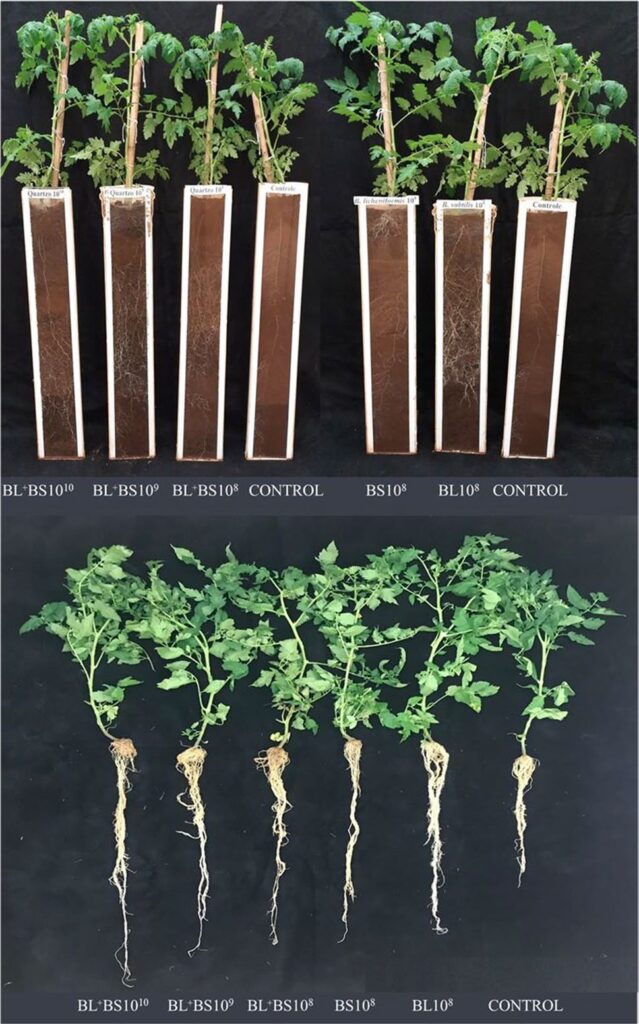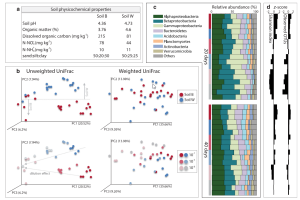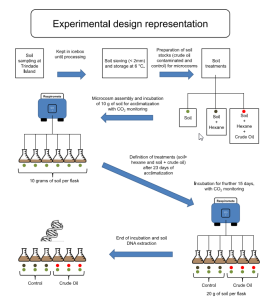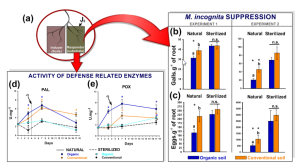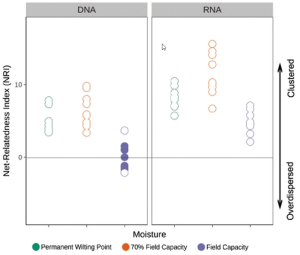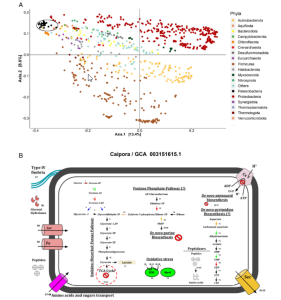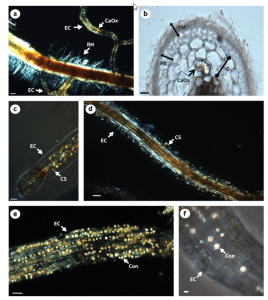Abstract
Bacillus spp. are widely marketed and used in agricultural systems as antagonists to various phytopathogens, but it can also benefit the plant as plant growth promoters. Therefore, the longer presence of the bacterium in the rhizosphere would result in a prolonged growth-promoting benefit, but little is yet known about its persistence in the rhizosphere after seed coating. The objectives of this study were to evaluate the tomato growth promotion mediated by Bacillus licheniformis FMCH001 and Bacillus subtilis FMCH002 and the survival rate of these bacteria both in shoots and in the rhizosphere. The Bacillus strains used throughout this study were obtained from Quartzo® produced by Chr. Hansen. The application of a mixture of B. subtilis and B. licheniformis (Quartzo®) at concentrations 1 × 108, 1 × 109, and 1 × 1010 CFU mL−1, as well as the application of B. subtilis and B. licheniformis individually at concentration 1 × 108 CFU mL−1, increased fresh and dry masses of shoot and root system, volume of root system, and length of roots of tomato plants when compared to control. Both Bacillus strains produced IAA after 48 h of in vitro. Bacillus colonies obtained from plant sap were morphologically similar to colonies of B. subtilis and B. licheniformis strains and were detected in inoculated on plants and not detected in control ones. A similar pattern was obtained through DNA-based detection (qPCR). Therefore, B. subtilis and B. licheniformis were able to produce auxin, promote tomato growth, and colonize and persist in the rhizosphere.


